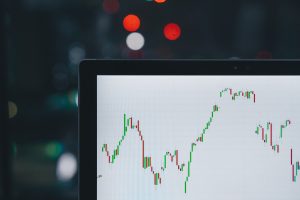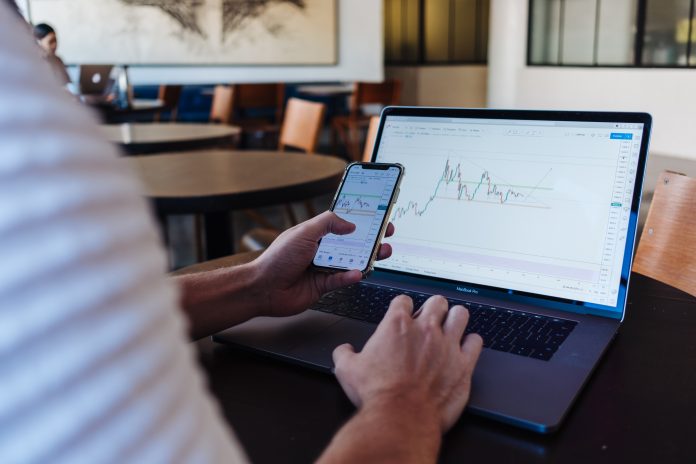Liquidity is an essential consideration for traders since it influences transaction speed, restricts slippage, and ultimately significantly impacts profitability. Transactions can be severely delayed by a lack of liquidity, which also lowers the overall market trading volume. As a result, there will be more highs and lows, which will enhance volatility and result in wide price spreads.
-
Table of Contents
Why is liquidity necessary?
Brokers of foreign exchange liquidity serve as market makers to guarantee that traders always have access to liquidity. To complete their deals, they build a market where buyers and sellers may communicate. Banks, Forex liquidity providers, or even substantial multinational organizations that transact in a variety of currencies daily are some examples of market makers. These businesses are responsible for ensuring that there is always enough liquidity available to all parties involved in trading, so there are never delays when submitting orders or carrying out trades. However, since Forex liquidity providers have no control over the amount of money traded daily, this position is not without restrictions. However, they instead seek to sway transactions by boosting the system’s bid/ask quotes and transaction volume.
-
What happens if there is no liquidity??
-
No liquidity = no Forex trades
The Forex market would stop functioning entirely, and traders would not be able to place any orders if there was no liquidity. Without performing bid/ask quotes, traders are unable to ascertain fair rates. Without this knowledge, they cannot know how much money they should pay when executing transactions. There would only be one circumstance in which someone might forbid you from trading, and that would be if you were holding an overnight over-the-counter (OTC) position in which only you and your counterparty were involved in the transaction.
-
No liquidity = slippage, and pips
Without liquidity, there will also be a considerable degree of slippage, ultimately detrimental for any traders making deals because it will widen the gap between the price they anticipated and where it actually ends up being based on the chart. It can also result in price gaps that traders cannot close because they run out of money before their order is fulfilled; this is known as negative pips. When these circumstances arise, you can discover that your stop-loss or take-profit orders do not function as you had previously anticipated, and you may frequently end up with a worse outcome than when you began trading.

III. How liquidity providers impact traders and profitability
By ensuring there are always consumers to take on any other buyers or sellers, regardless of how huge their trades may be, forex market makers boost the amount of liquidity in a market. The bid and ask quotes offered by liquidity providers in Forex allow for very competitive pricing and ensure that it is nearly impossible to purchase or sell at an irregular price because they will always match up with another transaction somewhere along the line. To avoid scenarios that could result in significant price swings, the best liquidity providers work to keep orders from going unfulfilled for an extended period of time. Increasing volume accomplishes this. Another trader will offer it on the other side of the transaction even if someone immediately requires a specific currency.
Moreover, to ensure liquidity is constantly available, Forex brokerages can assist in lowering volatility and eliminating price gaps brought on by traders having to wait so long to complete their transactions. This ultimately has a favorable impact on profitability since traders are less inclined to let profits slip by holding onto successful deals for longer than necessary. If they didn’t follow the market, they would miss out on possibilities that could have been transformed into more considerable earnings. In the end, both professional investors and ordinary traders benefit from enhanced liquidity and market integrity.
-
Which market participants help provide liquidity?
Liquidity for a Forex transaction can come from various market participants, including trading companies, big businesses, and even governments. There are two different sorts of FX liquidity providers when it comes to retail trading:
-
Market makers
The objective of market makers is to attract traders’ orders by offering bids and asking attractive prices to induce traders to place an order with them. Since market makers provide quotes without taking any risk, they are different from brokers because they act as intermediaries between buyers and sellers and do not own any of the currency. Quotes remain competitive at all times, reducing spreads and increasing volume for everyone.
Market makers can be human or electronic; human market makers invest with their own funds and then create liquidity by quoting prices that are erroneously low in order to draw in additional traders. Since they match orders for other brokers, ECN/STP market makers do not need funds.
-
Electronic dealers (ECN/STP)
Electronic retailers don’t offer estimates themselves; instead, they route orders to the best pricing. If no matching quote is available, your order will be held until another trader offers one that better meets your demands than what would have occurred if you had used a limit order with a broker. Because the dealer does not have to take a portion of your earnings, spreads can be maintained very tight, which benefits retail traders by allowing them to receive better prices on each transaction.
Forex liquidity is crucial in several ways since you never know when you might need a particular currency immediately, and if no one is supplying it, you risk missing out on a significant portion of possible profits. When quoting prices, electronic dealers and market makers assume zero risk. They charge commissions to cover costs, but at least by doing this, it is feasible to profit from the spreads they provide – especially if there are no other options! The bottom line is that greater liquidity results in greater ease and reduces your likelihood of experiencing price gaps, which can lead to missed chances.










